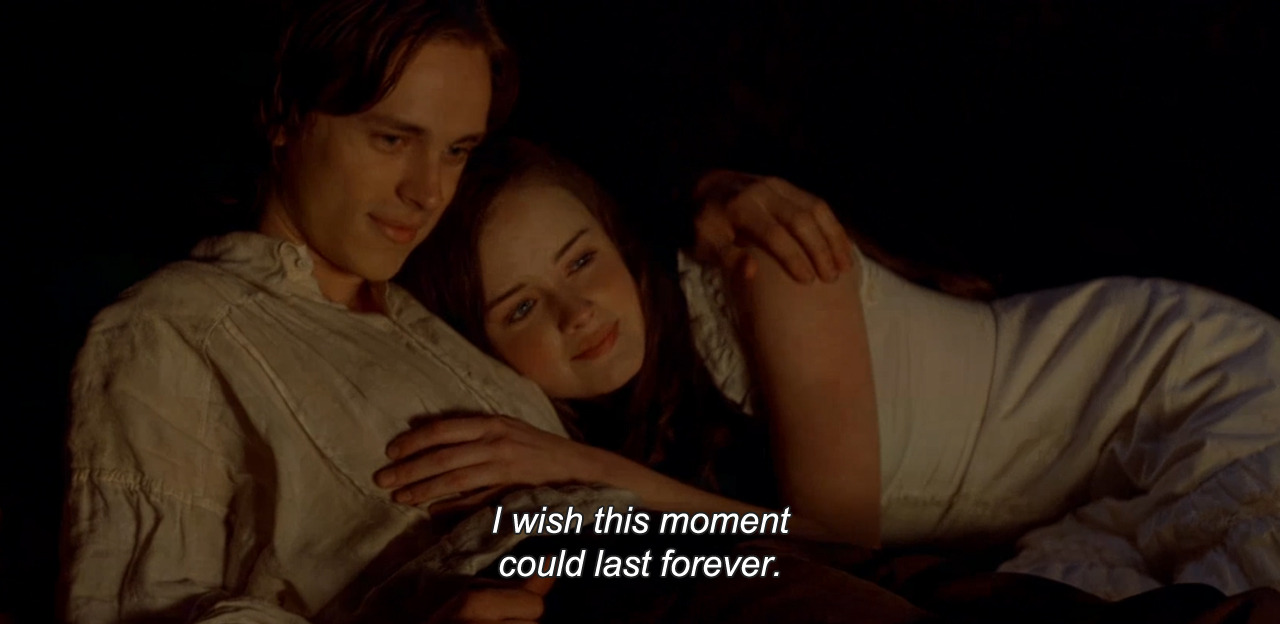My debut novel A Boy's Best Comrade, is now available in paperback and ebook on Amazon.com! This novel is for the young and young at heart and dog lovers everywhere. The novel will also be available at Barnes and Noble, Kobo, and Apple Books on Monday, October 13. Check out the summary and a sneak peak at the first chapter below!
Moscow, 1938: Sasha has a family, an apartment, and even the occasional bit of bread and peace. She has everything that a dog in the Soviet Union could want. All of that changes in one fateful night when the secret police knock at her apartment door. They arrest her owners, leaving Sasha and her owners’ young son, Yuri, to fend for themselves. She makes it her mission to follow her owners’ last instructions; “take care of Yuri”. But Moscow is a dangerous city for a dog and her boy. Together, they struggle to start a new life on the city’s streets, making friends and facing enemies along the way.
Chapter 1:
“It’s alright, Sasha, it’s only me” Sofia’s voice called out from the hallway.
Sasha stopped barking and watched in confused excitement as the door burst open. Suddenly a green mass landed on the floor in front of her with a thud. Sasha hid under the table. She looked at Sofia proudly standing over the heap of blue-green needles sprawled across the floor. She narrowed her eyes as she slowly realized that it was not a defeated monster in front of her but a tree.
Sasha peered out from underneath the table, wondering how a spruce tree had come to appear in their apartment in the heart of Moscow. She slowly crawled out from underneath the table and nervously approached the tree. She leaned forward, her snout grazing its needles as she strained to sniff the branches. The needles scratched her nose, and she leaped back with a whimper. Sofia bent down and affectionately scratched Sasha’s large, pointed, ears.
“Now, now, there will be no whimpers or tears tonight” she insisted.
Sasha leaned her head into Sofia’s hand, enjoying the comfort of a good pet.
“Do you know what tonight is?” Sofia asked in an excited whisper.
Sasha wagged her bushy tail, eagerly awaiting Sofia’s explanation.
“It’s New Year’s Eve. Novym Godom, Sasha!” she exclaimed.
Sasha pawed at the floor, her tail swishing through the tree’s branches as she wagged it. She paused and looked down at the tree.
“What’s New Year’s Eve?” she wondered.
“It will be a new year and a new start for all of us, I just know it” Sofia wistfully explained.
Sasha sat back, wondering what Sofia meant when she said, ‘a new start’ and why there was a slight throb in her voice when she said it. She was only a puppy after all. She had no way of knowing that it had been nearly twenty years since the Russian people were permitted to celebrate New Year’s or any other holiday. Now, after decades of war, famine, and strife, the Soviet Union had finally decided that there was something to celebrate.
Sofia walked to the opposite end of the tree and bent down next to it. She reached underneath the tree’s top and started to lift, but the tree refused to budge. Sasha followed her and bent down, placing her head underneath the tree’s branches. She slowly stood, lifting the tree just above the floor. Sofia grabbed the branches and pulled them off Sasha.
“Sasha what are you doing?” she asked.
Sasha stood up straight, her chest puffed out with pride at her physical prowess.
“Are you helping me put up the New Year’s Tree?” Sofia asked.
“It’s called a New Year’s Tree?” Sasha asked herself, in bewilderment. “I mean, of course that’s what I’m doing, isn’t it obvious?” she corrected with a yelp.
“You’re right, we need to get moving if we’re going to have this place ready for when Mikhail comes home” Sofia noted.
Sofia propped the tree up in the corner of the room while Sasha stood staring in astonishment. Sasha wondered how one tree had managed to swallow up the entire one-room apartment, the spaciousness of which was the envy of every man, woman, cat, and dog, in the building.
Sofia clapped her hands together, “Come on” she called to Sasha.
Sasha eagerly rushed to her mistress’ side, “We need to be ready. It’s new year’s ever, after all; anything can happen!” Sofia exclaimed.
***
In a matter of mere hours, the apartment was transformed from the simple home of two Soviet workers to a winter fairyland. Sofia sat down on the bed in the far corner of the room and admired her handiwork.
“Well, what do you think?” Sofia asked, her eyes shining with pride.
Sasha looked around the room, her eyes darting from the paper snowflakes hanging down from the ceiling to the bright red Soviet star resting atop the tree. She wagged her tail in appreciation.
“Thank you, I didn’t think it was half bad myself” Sofia agreed with a laugh.
They both turned at the familiar sound of a key turning in the door. Sofia hid behind the tree and gestured to Sasha to follow her.
“Come on, Sasha” Sofia instructed in an urgent whisper. Sasha reluctantly followed the command and took up a post underneath the tree.
The door opened with a creak and Mikhail entered the apartment with a weary sigh, his shoulders stooped. He glanced up, his eyes widening in disbelief. Sasha raced out from under the tree, leaving a trail of needles on the floor behind her. She leaped up onto him, nearly knocking him over. Sofia ran out from behind the tree.
“Sasha, no!” she shouted.
He took Sasha’s paws in his hands and bent down so that his face was level with hers.
“It’s alright, Sofia” he assured Sofia.
Sasha set to work licking his face in an affectionate, if wet, greeting.
“She’s just wishing me a happy new year. Aren’t you, girl?” he added before letting go of Sasha’s paws.
He stood and looked around the apartment, mesmerized.
“And it looks like she’s not the only one” he added with appreciation as he wrapped his arm around Sofia’s waist.
“Do you like it?” Sofia hesitantly asked.
Mikhail gazed at the glow of the candles scattered around the apartment, his eyes glistening.
“I know that it’s not the same as before…” Sofia quietly admitted.
“No, it isn’t” he agreed in a strained voice.
He nodded to himself, blinking away the tears that threatened to spill from his eyes. He squeezed her waist and kissed her cheek.
“It’s better” he assured her.
Sofia rested her head on his shoulder, “Do you remember the last time that we celebrated New Year’s Eve?” she asked.
“How could I forget? It was at the Lipnitskys’ party” he replied.
He released her waist and turned to face her.
“It was the first time that I saw you” he said and leaned forward to kiss her.
Before their lips could touch, however, they both turned at the sound of Sasha barking at the window.
“Yes, that was a long time ago. Long before we got you, Sasha” he noted.
Sofia walked to the table and sat down.
“So much has happened since then” she noted with regret.
Mikhail sat down at the table across from her.
“I know but remember how far we’ve come since then” he reminded her, taking her hands in his.
She affectionately squeezed his hands, “I know, but—” she began.
“But think of how far Russia’s come” he interrupted.
She stared down at the table, “Has it?” she asked.
“Of course it has! Just think of where we were only last year. We—” he began.
Sasha started barking even louder.
“We didn’t have a dog” Sofia offered with a weak smile.
“Or a New Year’s Eve to celebrate” he added before raising one of her hands to his lips.
He let go of her hands and stood, “Which reminds me…” he began.
She watched as he crossed the room to their one dresser. Sasha stared out the window, her breath fogging up the glass as she let out a low growl. Mikhail opened one of the dresser’s drawers and retrieved a bottle of champagne.
“How did you—” Sofia began, her eyes wide with shock.
“I have my ways” he assured her with a wink.
Sasha suddenly turned away from the window and raced across the apartment to the door. She stood crouched by the door, her hackles raised and her ears lying flat against her head. Sofia stood and retrieved two cups from a shelf at the opposite corner of the room.
Mikhail proudly held up the bottle, “A toast, to—” he began in a bellowing voice.
He was interrupted by a knock at the door. Sasha growled while Mikhail and Sofia exchanged anxious glances. They stared at the door, frozen in place as the knocking grew louder.
“Open up!” a gruff voice demanded from the hallway.
Sofia swallowed hard and clasped her hands to keep them from shaking.
“Open up!” the voice persisted.
Mikhail looked helplessly from his wife to the door and back again.
“NKVD” the voice announced, uttering the four most feared letters in the entire Russian language, the acronym for the secret police.





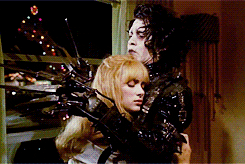
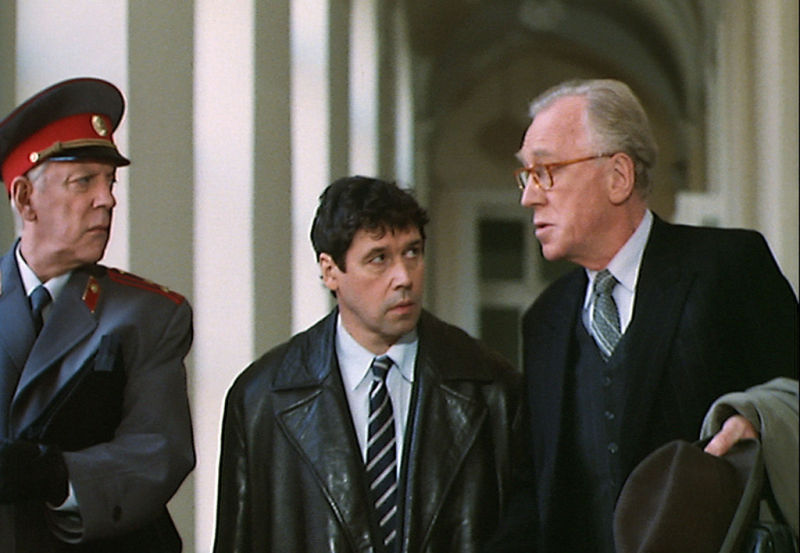
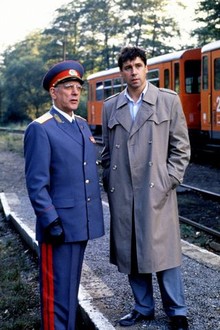


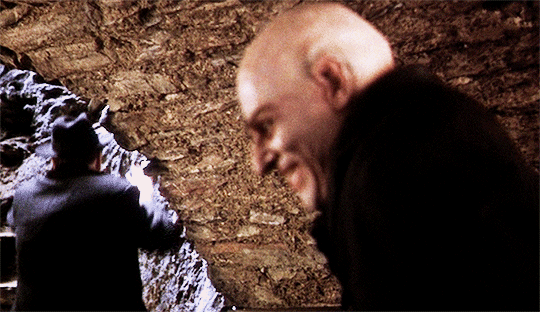








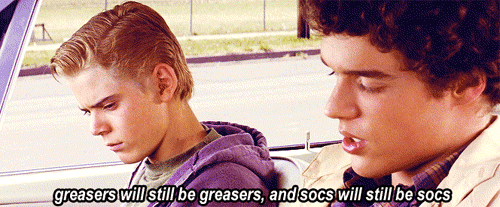
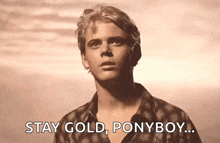
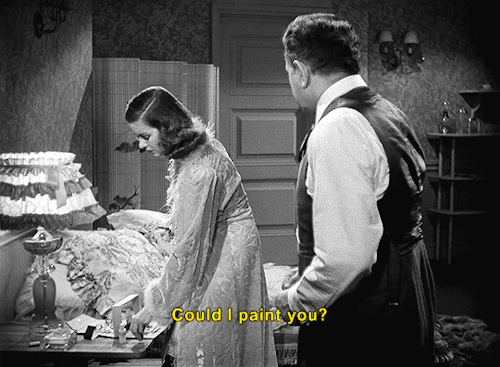


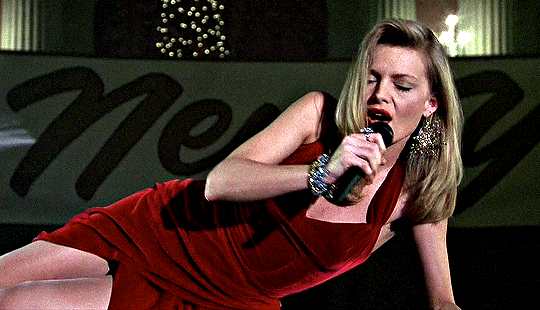

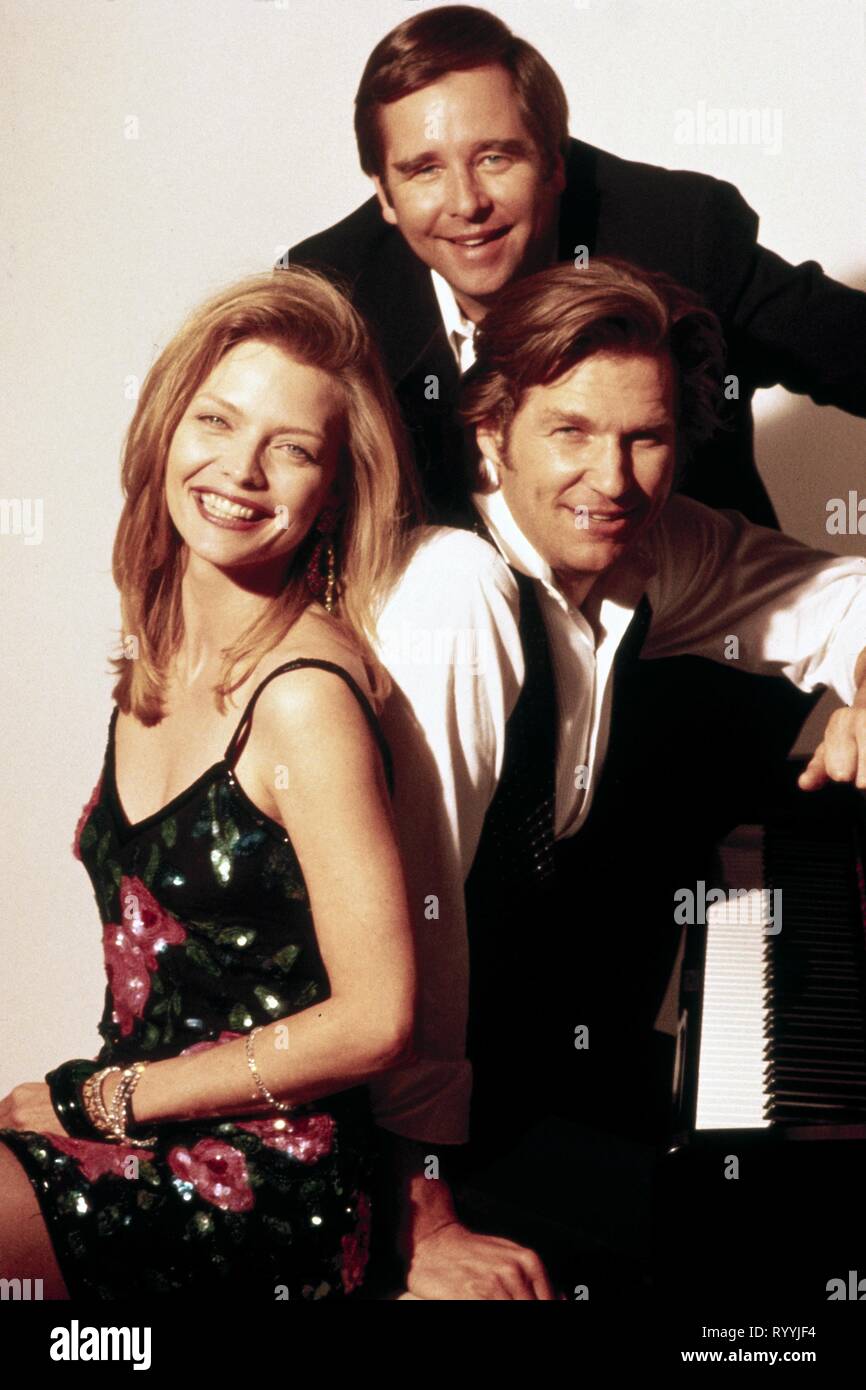
:upscale()/2017/03/23/811/n/1922283/927d151fd73fd8c0_P1fbK5U.gif)





